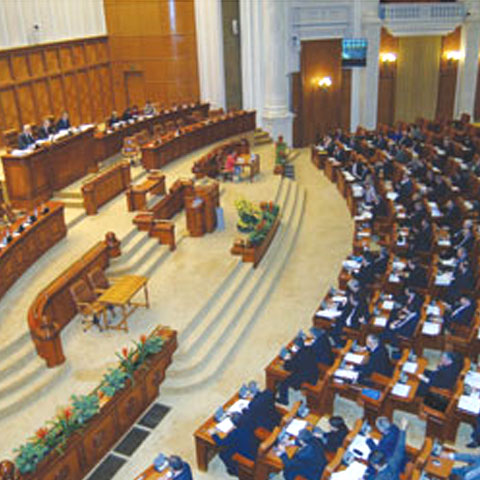The Liberals stood in favor of the ordinance during the last session on March 30, but left the room when the final voting started, criticizing the way in which the president of the Deputies Chamber, Roberta Anastase, led the session. They argued that the merger would have created the opportunity for jobs and for considerable investments in the power area, at a fair price for consumers.
According to the ordinance, Electrica SA was to take over the state's shares with Hidroelectrica and with the power complexes Rovinari and Turceni. The current Cabinet claims that such a move would distort the power market as the most profitable companies would be blended into one.
The Chamber's industry commission president, Iulian Iancu, explained that it takes at least two integrated power companies in order to create a fair competitive environment, advantageous for consumers.
“The ordinance cumulates all the companies producing cheap energy, leaving out those selling at higher prices and with investments compromised. About 70 percent of the production and over 50 percent of the market is thus banded in together,” stated Iancu in front of the Chamber.
In October last year the then government passed an urgent law to create the power company, following the initiative of the state assets recovery body AVAS.
The Economy Ministry elaborated a memorandum on the subject in February that underlines how CEN would focus on maximizing profits and hit small producers by operating at the lowest production costs possible and manipulating the market. Electrica would only look for ways to hike its profit, taking advantage of consumers, the document read, while the Ministry of Economy which controls state power companies too, would look into ensuring competition on the market and protect consumers.
Setting a national energy company also breaks the European laws regarding competition, the memorandum showed.


